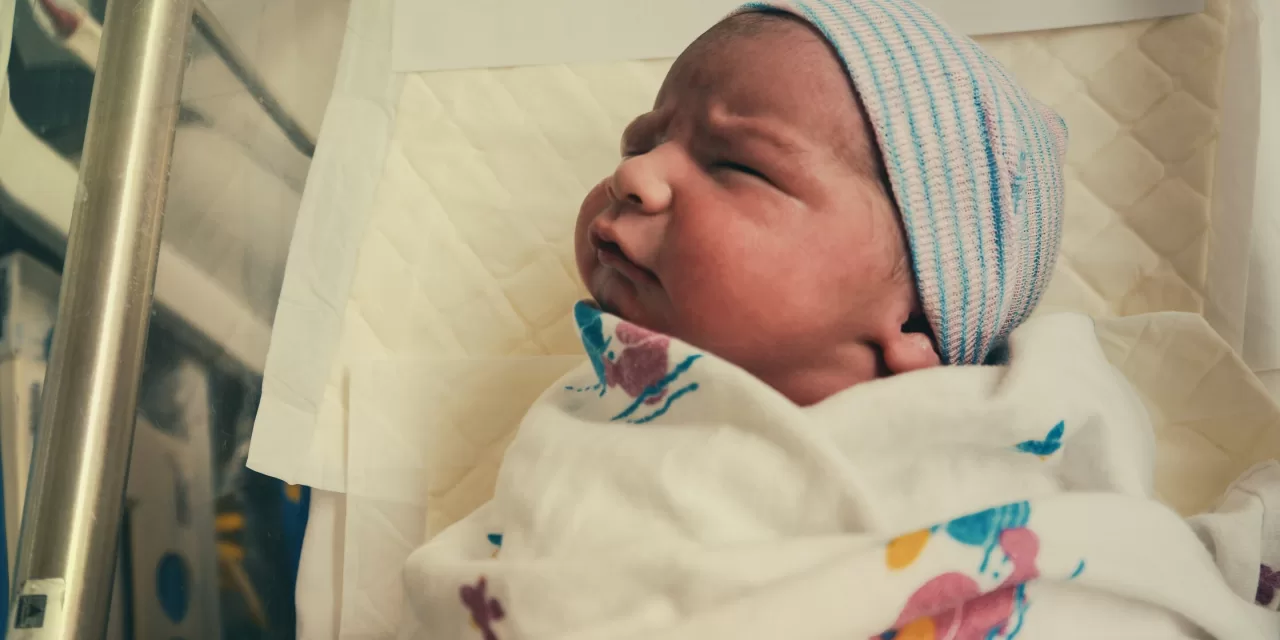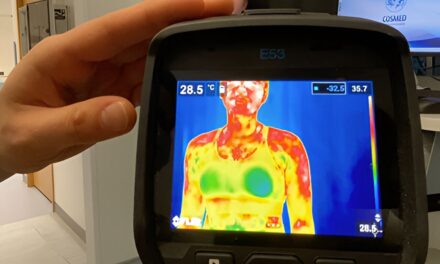Philadelphia, December 10 – Administering the rotavirus vaccine to babies in neonatal intensive care units (NICUs) is safe and may provide critical immune benefits, according to a study published Monday by researchers at the Children’s Hospital of Philadelphia (CHOP). The findings could influence clinical practices and offer greater protection to a vulnerable population.
The study, appearing in Pediatrics, analyzed the safety of administering the RotaTeq vaccine to infants during NICU stays, addressing concerns about horizontal transmission — where vaccine strains of the virus could potentially spread among patients. Researchers found that such transmission is rare and does not result in gastroenteritis symptoms in those affected.
Significant Findings
The study included 1,238 infants admitted to the NICU, with 226 receiving the RotaTeq vaccine. Among the 3,448 stool samples collected, only five unvaccinated patients tested positive for vaccine-strain rotavirus, representing just 0.7% of the unvaccinated group. Importantly, no symptoms of gastroenteritis were observed in these cases.
“Ultimately, these findings add to the existing safety data and suggest the known benefits of NICU administration of the rotavirus vaccine outweigh the low risks of vaccine-strain transmission,” said Dr. Kathleen A. Gibbs, neonatologist at CHOP.
A Global Health Concern
Rotavirus is a leading cause of severe diarrhea in infants and young children, contributing to roughly half a million child deaths globally each year. Symptoms include high fever, persistent vomiting, and diarrhea, which can lead to severe dehydration.
Currently, the first dose of the rotavirus vaccine is typically administered at two months of age. However, many NICUs delay vaccination until after discharge due to concerns about transmission risks. This delay leaves infants with prolonged hospital stays — often the most vulnerable due to underlying health issues — at risk of missing the vaccine altogether.
Potential for Clinical Practice Change
The findings provide compelling evidence to reconsider vaccination protocols in NICUs, allowing high-risk infants to benefit from immunization during their hospital stay. Prior retrospective studies also reported minimal risk of horizontal transmission in NICU settings, but this new research provides robust, real-world data to support a policy shift.
“Our study underscores that NICU babies can safely receive the rotavirus vaccine, which not only protects them but also prevents potential severe illness,” the CHOP research team emphasized.
As rotavirus remains a major global health challenge, integrating this vaccine into NICU care could save lives and reduce disease burden in the most vulnerable populations.












